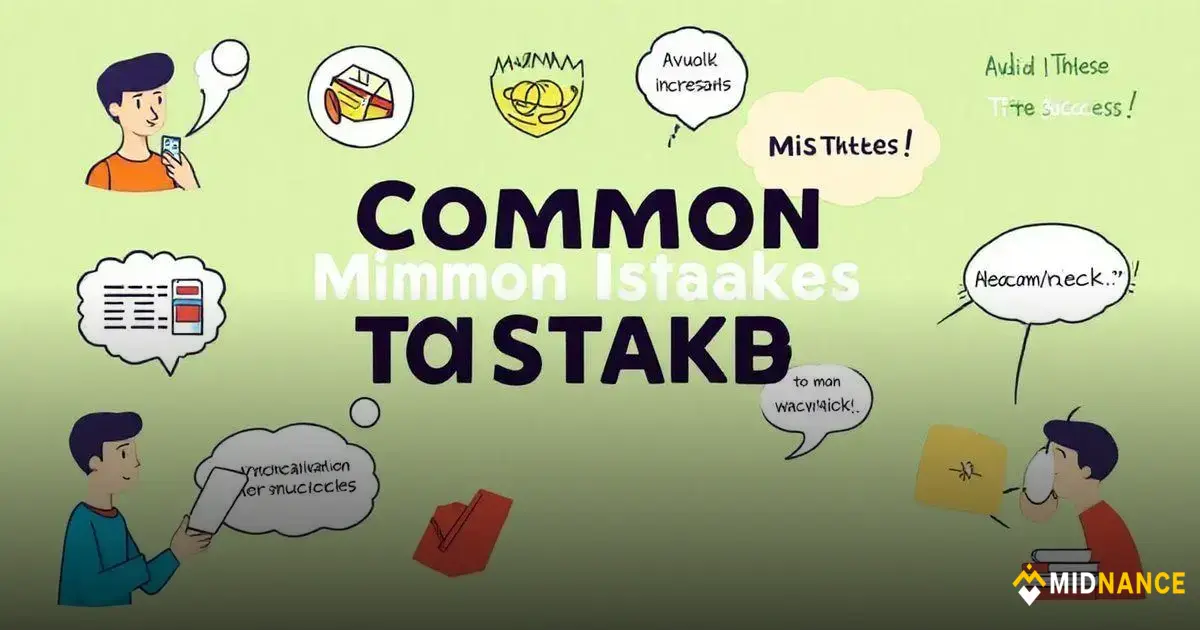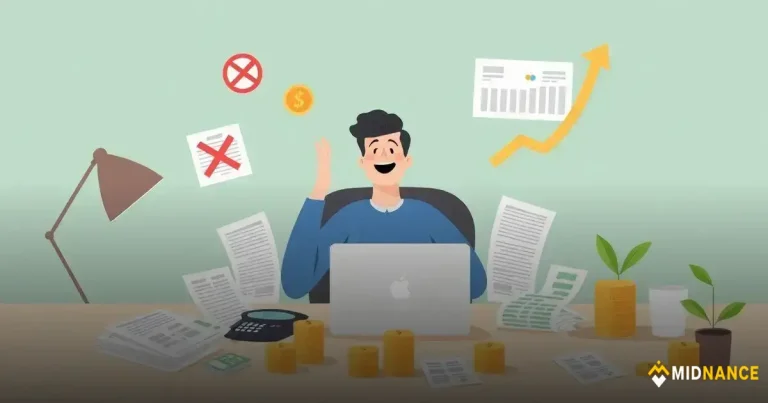Consolidation loans are a powerful tool to help individuals manage and simplify their financial obligations.
By combining multiple debts into a single loan, borrowers can often secure a lower interest rate and make their monthly payments more manageable.
In this article, we will delve into the intricacies of consolidation loans, explore their benefits, and provide tips on how to apply effectively while avoiding common pitfalls.
What Are Consolidation Loans?
Consolidation loans are financial products designed to help borrowers manage multiple debts more efficiently.
By taking out a consolidation loan, you can combine various high-interest debts into a single, lower-interest loan.
This is often beneficial for those juggling credit card debts, personal loans, or medical bills.
Key Features of Consolidation Loans:
- Single Payment: Instead of making multiple payments to different creditors, you only need to focus on one monthly payment.
- Lower Interest Rates: Many borrowers benefit from lower rates compared to their existing debts.
- Structured Payoff Plan: Consolidation loans typically come with a fixed repayment term, making it easier to plan your finances.
However, it’s important to understand both the advantages and potential drawbacks before proceeding.
Always consider your long-term financial goals and whether consolidation loans truly fit your needs.
Benefits of Consolidation Loans

Benefits of consolidation loans are numerous, especially for those feeling overwhelmed by multiple debts. One major benefit is lower interest rates. When a borrower consolidates, they can often secure a rate that is significantly lower than their existing debts. This can lead to substantial savings in interest payments over time.
Another advantage is the simplicity that comes with having one monthly payment. Rather than keeping track of different due dates and amounts, you streamline your debts into a single, manageable amount. This can help reduce stress related to debt management.
Improved Credit Score is also a potential benefit. When you consolidate, you pay off multiple debts, which can reflect positively on your credit report. Punctual payments on your consolidation loan can further aid in rebuilding your credit.
Lastly, consolidation loans can give borrowers a structured repayment plan. This means fixed monthly payments help in budgeting and planning for the future without worrying about fluctuating debt amounts.
How to Apply for Consolidation Loans
Applying for consolidation loans can be an effective way to manage debt. The first step is to assess your financial situation. This means gathering details about all existing debts, including balances and interest rates.
Next, research different lenders to find the best rates and terms. Many banks, credit unions, and online lenders offer consolidation loans.
Once you’ve selected a lender, prepare your application. You typically need documentation of your income, credit score, and debt information. This helps the lender evaluate your financial standing.
After submitting your application, wait for approval. The lender will review your information and may request additional documentation. If approved, carefully read the loan agreement. Look for details such as the interest rate and repayment term.
Finally, use the loan funds wisely. Pay off existing debts promptly and focus on making payments on your new consolidation loan. This approach not only simplifies your payments but can also help you regain control over your finances.
Common Mistakes to Avoid

When applying for consolidation loans, avoiding common mistakes is crucial for success. One common error is not understanding the terms of the loan. Many borrowers skip reading the fine print, which can lead to unfavorable conditions. Always ensure you know the interest rate, repayment period, and any fees associated with the loan.
Another mistake is overlooking your credit score. A low credit score can affect the types of loans you qualify for and the rates you receive. Consider checking your score before applying to see if you need to take steps to improve it.
Additionally, rushing into a decision without comparing different lenders is a common pitfall. Take the time to research various options and find the one that best fits your needs. Don’t hesitate to ask questions or seek help if you’re unsure about any part of the process.
Finally, avoid using the funds from a consolidation loan to incur more debt. Some borrowers make the mistake of closing credit card accounts, only to reopen them later. Instead, focus on rebuilding your financial health without creating new debt.
Alternatives to Consolidation Loans
There are several alternatives to consolidation loans that borrowers may consider. One option is credit counseling. These services help people manage their debts through budgeting and payment plans without taking a new loan. Credit counselors work to decrease monthly payments and may negotiate lower interest rates with creditors.
Another alternative is a debt management plan (DMP). This involves working with a credit counseling agency to create a structured repayment plan tailored to your financial situation. DMPs often include lower interest rates and waived fees, which can ease the burden of monthly payments.
Additionally, borrowers might consider debt settlement, where you negotiate with creditors to pay a lump sum that is less than the full amount owed. While this can reduce your total debt, it may come with credit score implications and require a significant amount of savings upfront.
Lastly, utilizing your savings or emergency funds to pay off debts can be less risky than taking on another loan. This approach eliminates current debts entirely without accumulating new ones.
In Conclusion
Consolidation loans can provide a viable pathway to regain control of your finances. By understanding the benefits and how to apply for these loans, borrowers can make informed decisions that suit their financial needs.
Avoiding common pitfalls and exploring alternatives can further enhance your financial strategy. With careful planning and consideration, you can pave the way to a debt-free future.
Remember, taking proactive steps towards managing your debt is a vital part of achieving financial stability and peace of mind.





